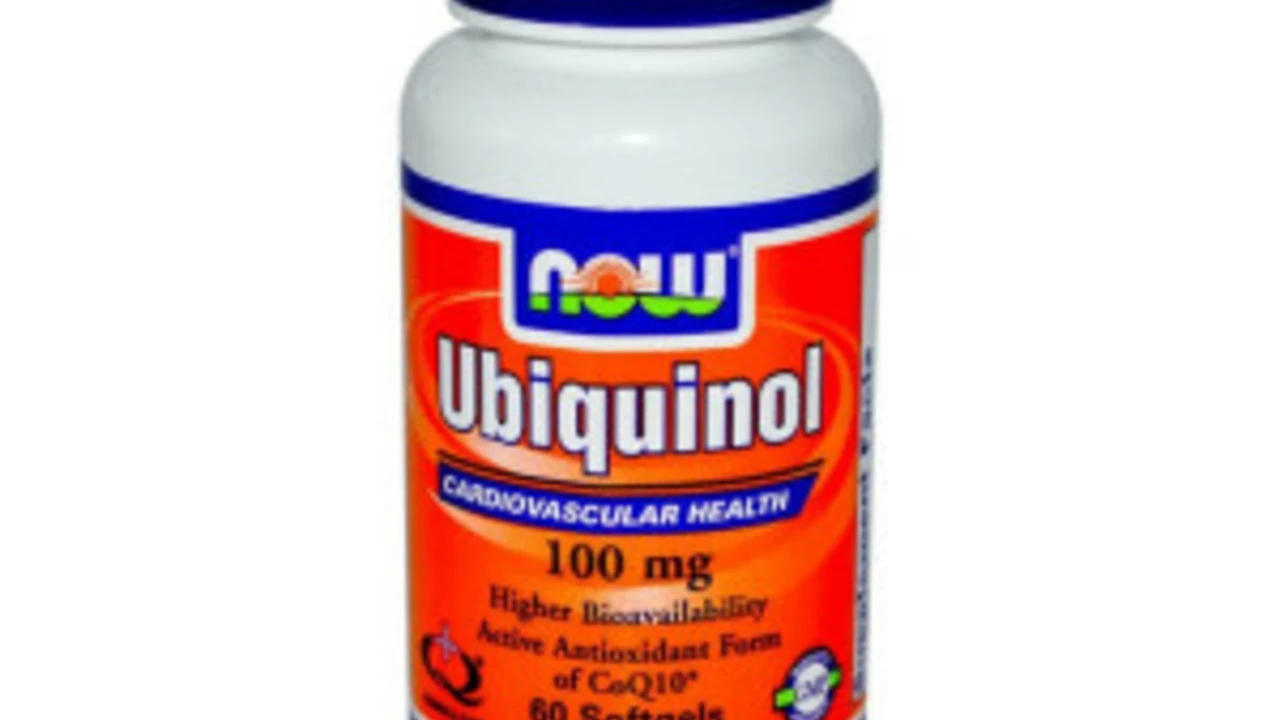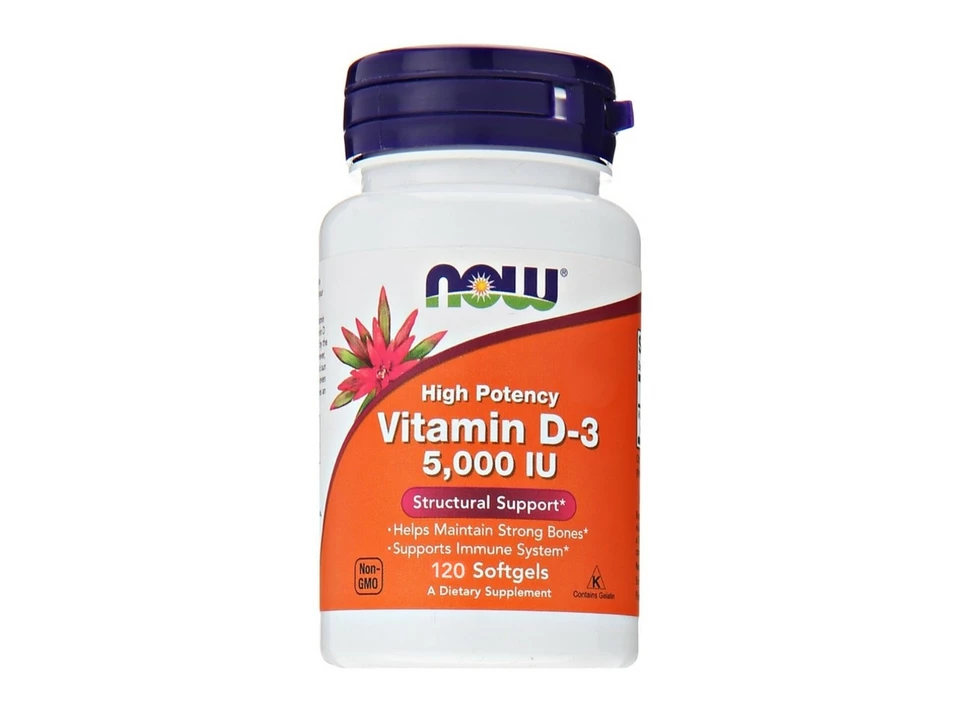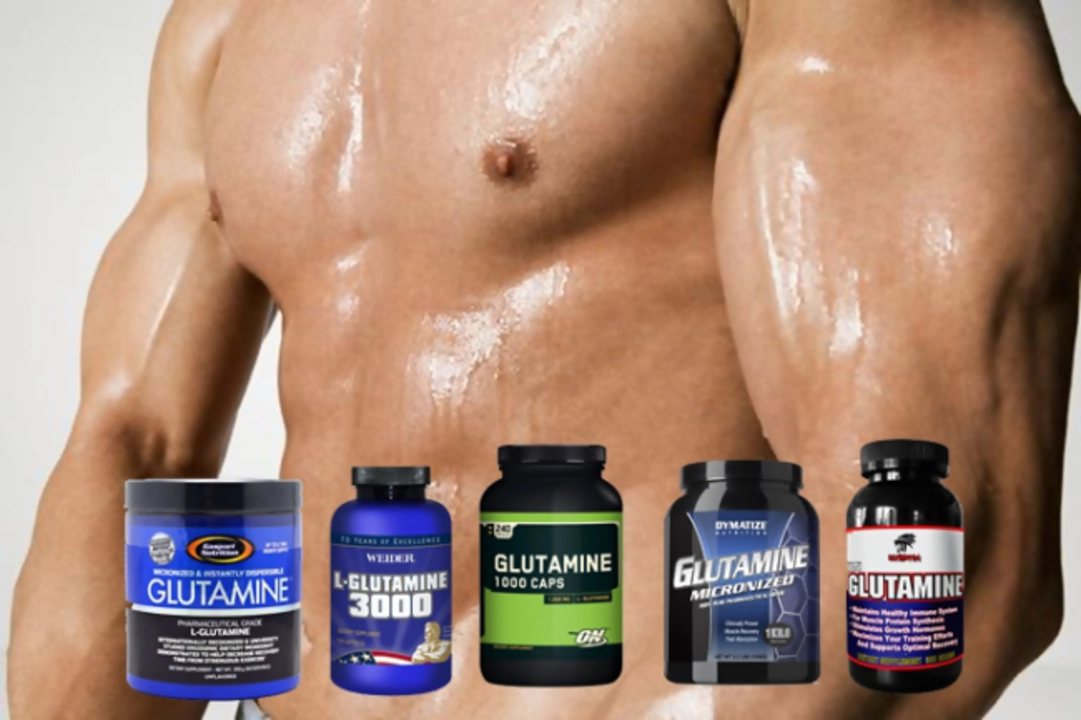Dietary Supplement Tips: What to Buy, What to Skip
Millions use dietary supplements to fill gaps in their diet, boost energy, or manage symptoms. But not all products are equal. You can save money and protect your health by knowing how to spot quality supplements, avoid scams, and prevent harmful interactions with medicines.
Start with one clear question: what exact nutrient or effect do you need? Saying "I want something for joint pain" is too vague. Decide if you want a vitamin (D, B12), an herb (turmeric, ginger), or a specific product like omega-3 fish oil or probiotics. That focus helps you compare labels and avoid random pills that promise everything.
How to check quality — quick and useful
Look for third-party seals such as USP, NSF, or ConsumerLab. Those marks mean the product was tested for purity and correct ingredient amounts. Read the Supplement Facts label: note the active ingredient amount (mg or IU), serving size, and other additives. Avoid proprietary blends that hide doses behind vague wording.
Check the ingredient list for fillers, artificial colors, or added sugars. If a product claims to cure a disease, that’s a red flag. Real supplements support health; they don’t replace prescription treatments. Also check the expiration date and storage instructions — some probiotics and fish oils need refrigeration.
Safety with prescriptions and real-world tips
Supplements can interact with medicines. Common troublemakers: St. John's wort (affects many drugs), vitamin K (can alter blood thinners like warfarin), and large doses of potassium or magnesium (can affect heart meds). If you take blood pressure, diabetes, or blood-thinning drugs, talk to your doctor before starting anything new.
Keep doses reasonable. For example, many adults take 1,000–2,000 IU of vitamin D daily and 200–400 mg of magnesium, but individual needs vary. More isn’t always better—high doses can cause side effects. Treat supplements like medicines: start low, watch for changes, and stop if you notice bad reactions.
Buy from trustworthy sellers. Use pharmacies or established retailers that show contact info, return policies, and lab testing. Avoid unknown websites offering miracle cures or massive discounts with no reviews. If a site sells prescription drugs without asking for a prescription, skip it.
Practical storage: keep bottles in a cool, dry place away from sunlight. Seal tightly after use. For powders and protein mixes, use clean scoops to avoid contamination. Label a simple supply list so you don’t mix similar-looking bottles.
If you’re unsure, ask for a baseline blood test. A short lab panel can show vitamin D, B12, iron, and thyroid markers — that helps choose the right supplement and dose. Small checks now can prevent months of wasting money on products you don’t need.
Want specific options? Our site has practical guides on natural diuretics, omega-3s, and safer buying tips. Use those articles to match an evidence-based product to your goals and stay safe while you shop.






